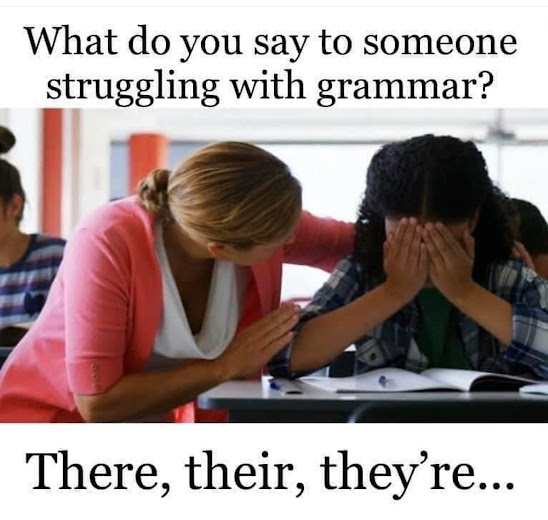I always loved my English classes, from reading and writing, to learning the parts of speech, to diagramming sentences, to understanding subject and verb agreement, to punctuation, and to getting high scores on spelling tests. It was like putting together puzzle pieces to communicate effectively.
In today's world, teachers are struggling with students where the informality of texting, emailing, and tweeting creeps into their written assignments. Reminding them that good grammar is instrumental in conveying ideas with clarity, professionalism, and precision gets blank stares and shoulder shrugs. It did for me with my 8th graders.
The bigger picture of having strong grammatical skills is:
Attention to detail: People who care about their writing demonstrate credibility, professionalism, and accuracy in their work.Critical thinking: Knowing how to structure a grammatically correct sentence is a sign that you can analyze and explain complex problems.
Intellectual aptitude: If you are a native English-speaker and never learned the difference between “it’s” and “its,” especially given access to Google, an employer might wonder: What else have you failed to learn that might be useful?
Now AI is another tool for research and writing and people are relying on it to think and write rather than doing it for themselves. The brain is an amazing tool but it needs to be exercised to stay strong.




I reviewed a book recently, and was appalled to find two incomplete sentences had made it past the editors. I know the author, I know the text is written the way she speaks. But the editor, or at least scanning it with grammar check should have caught the sentences without a verb.
ReplyDeleteSo many mistakes make it to final print. Very cringe worthy!
ReplyDeleteWhat a fun post! I still catch myself mixing up its and it's.
ReplyDeleteA lot of times Spell Check tries to change "its" to "it's" and most of the time the recommendation is wrong!
Delete